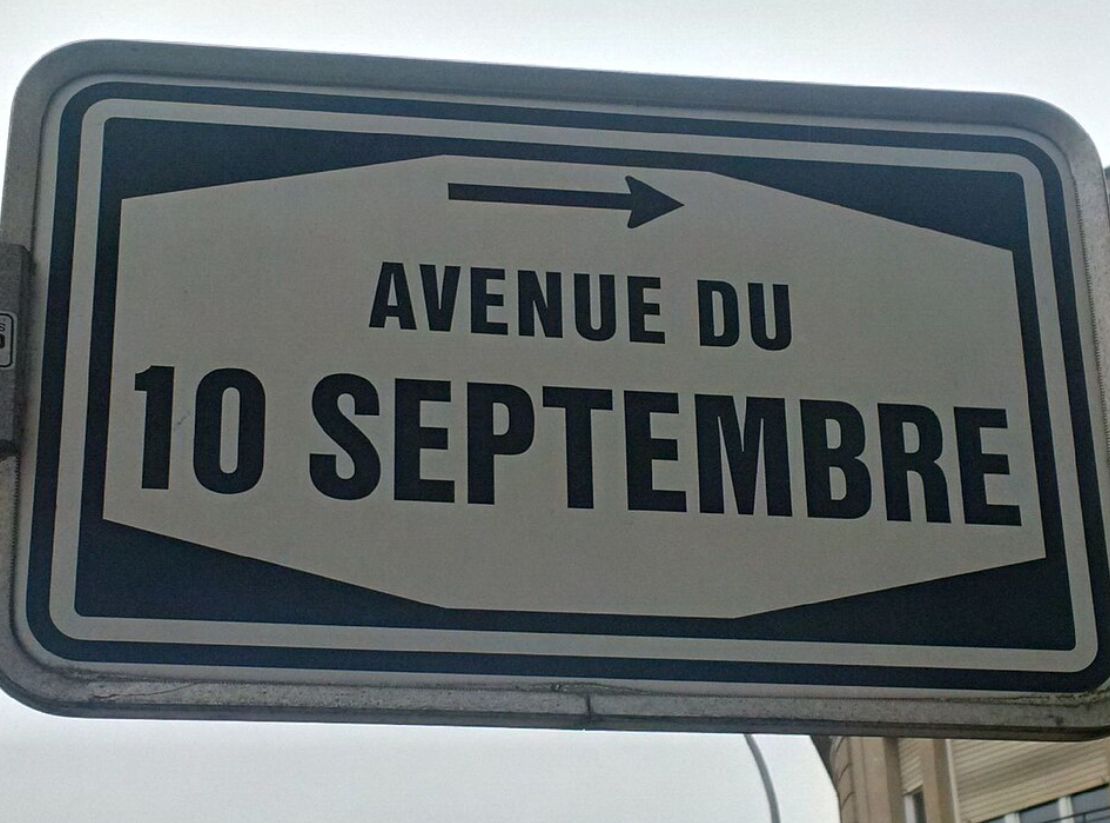We are living through a period of political tipping point. The Bayrou government is hanging on by a single vote, undermined by its contradictions and by a popular anger that is rising everywhere in the country. On September 8, it is expected to fall. Some speak of an institutional crisis, others of a regime crisis. But we must go further: it is not only the mechanism of the Fifth Republic that is at issue, it is the entire political, economic, and social system that is running out of steam.
The tri-partition of the political field is the most visible symptom of this. The old bipartisanship, which served as a pillar for bourgeois stability, has shattered. Three poles are now clashing. On one side, the classic right, weakened but still protective of financial interests. On the other, a far-right that presents itself as an alternative but is only a substitute solution for the same business circles. Finally, a divided left, where "accompanying forces"—ready to compromise with capitalism—coexist with "breakaway forces," which want to transform society from the ground up.
It is in this context that Nicolas Sarkozy is currently orchestrating the rapprochement between the traditional right and the Rassemblement national. Bardella and Le Pen have become respectable because they reassure finance, big business, and the proponents of the established order. The far right has never been anything but the camp of capital. Its so-called radicalism dissolves as soon as it comes to protecting dividends, tax loopholes, or speculation. Those who believe it will oppose austerity or defend workers are deeply mistaken: its votes in the European Parliament, as well as in the National Assembly, prove it every day. The construction of the figure of the immigrant or the "profiteer" is a form of deception: it diverts anger by stoking xenophobic hatred, to never challenge the system.
In this landscape, social democracy persists in believing that a middle way exists, based on constant compromises with the market. But these compromises (even if they were possible) would only lead to powerlessness. Everywhere, inequalities are becoming unbearable, precarity is spreading, and young people feel sacrificed.
Meanwhile, we are constantly told that debt is the central problem. This discourse is nothing but a lie. Debt is not an inevitability, but a political choice : a deliberate impoverishment of states to enrich finance and the rentier class. Presented as a natural law, it is nothing but an ideological instrument intended to justify austerity policies. The French people have understood it well: this debt blackmail to finance yet another imperialist war is indecent.
This lie is all the more revolting because, at the same time, the world is directly witnessing massive tragedies without anything being done to stop the mechanism of destruction. For decades, the Palestinian people have been subjected to a regime of apartheid, colonization, and massacres, without the great powers having the slightest will to impose peace and justice. In Africa, colonialism and wars of intervention have caused millions of deaths in the Democratic Republic of Congo, the largest Francophone country in the world, at the heart of the global system of resource exploitation. These massacres, linked to the plundering of coltan, cobalt, and gold, have only met with the silence or indifference of the French and European elites. This is the truth of imperialism: misery and death for the people, and profits for a minority.
Faced with this situation, there are two possible paths for the left. Either the path of accompaniment, which seeks to govern without fundamentally changing anything and dooms itself to failure. Or the path of transformation, which commits to attacking the heart of the system: the logic of profit, the absolute power of markets, and the exploitation of workers and the planet. It is this second path that we must choose.
For the urgency is not only social, it is also ecological. Climate change, the destruction of ecosystems, and the artificialization of land show every day that capitalism is not compatible with the survival of humanity. The transformation of the economy must be radical: ecological planning, public reappropriation of strategic sectors, and the development of the commons.
It is a truly social and democratic Republic that we need. A Republic that does not simply proclaim rights, but that actually guarantees them. A Republic that strengthens collective freedoms, including in the economy, by giving workers, residents, and citizens control over their choices. A Republic that places solidarity, equality, peace, and the protection of the planet at the heart of its project.
In this time of crisis, many people are looking for certainties, refuges, and alternatives. Our responsibility is to offer something other than a patch-up of the old world or an illusion of order imposed by the far right. We must bring a credible, bold, and popular alternative. Not to manage the status quo, but to radically transform society.
September 10 may not be le grand soir. But it can be the starting point for a great clarification: Do we want to prolong the agony of a system in crisis, or finally open the way for a social, ecological, democratic, and solidarity-based Republic with the peoples of the world, from Gaza to Kinshasa?
Illustrative image: "Street name plate in Luxembourg," photograph of October 5, 2015 by GilPe (CC BY-SA 4.0)
